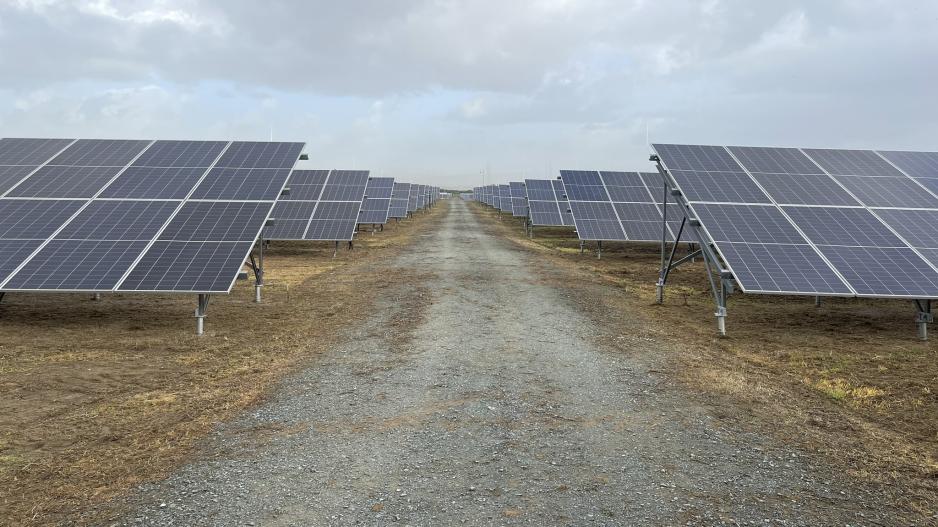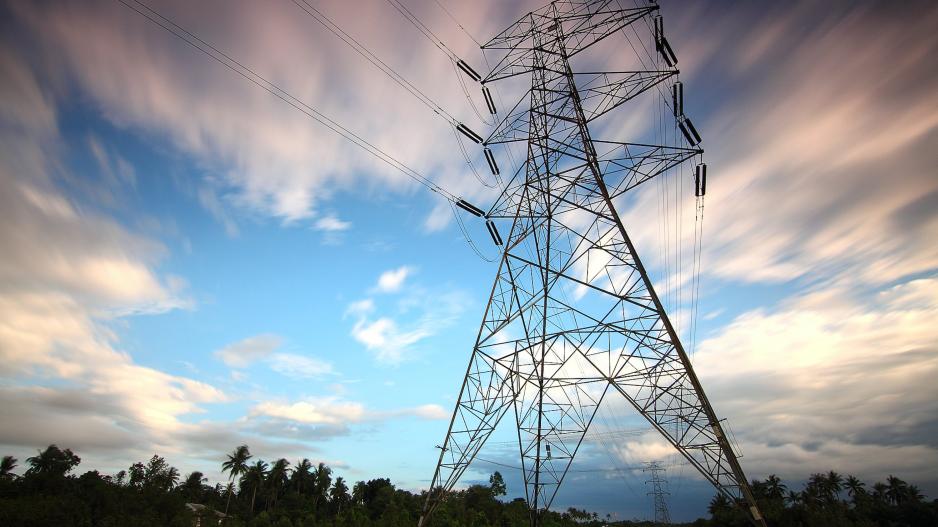Deadline Approaches for Cyprus's Competitive Electricity Market Launch
The Ministry of Energy and CERA Push for Operational Goals by Late 2024 or Early 2025
The Ministry of Energy and the Regulatory Authority for Energy of Cyprus aim to have the Competitive Electricity Market operational by the end of 2024 or in the early days of 2025.
This intention was communicated to the Cyprus Transmission System Operator (TSOC), who, in their progress report, has slated the market opening for the fall of 2025. According to information from Brief, the Ministry of Energy believes that the outstanding issues raised by the TSOC cannot justify further delays in the market's operation beyond the fall of 2025.
Consequently, the Ministry of Energy has already conveyed its disagreement to the TSOC, expecting it to resolve the problems and take all necessary steps to ensure the operation of the Competitive Electricity Market by the end of 2024 or in early 2025.
To date, the Cyprus Transmission System Operator has conducted two trial phases of the competitive electricity market. The findings from these trials have indicated a need for improvements in both the electricity market's management software and data metering management. Additionally, there is a requirement for the TSOC to be staffed with its personnel, ending its reliance on the staff from the Electricity Authority of Cyprus (EAC), thus ensuring impartial operations.

Meanwhile, "The photovoltaic park of the Electricity Authority in Akrotiri is a landmark project, making a decisive contribution to increasing Cyprus' photovoltaic power," stated Minister of Energy, Giorgos Papanastasiou, during the inauguration ceremony of the park. The event was attended by municipal and community authorities.
In his address, Mr. Papanastasiou mentioned that the project, with a total capacity of 12 MW, adds to the green portfolio of the Authority. "I hope that it will soon be further enriched with additional Renewable Energy Sources projects, aiding EAC in its now imperative green transition, while simultaneously reducing production costs, the cost of purchasing greenhouse gas rights, and, consequently, the electricity costs for its customers."
At the same time, he continued, the EAC’s photovoltaic park in Akrotiri contributes to increasing Cyprus' existing photovoltaic power, "significantly strengthening the green development model adopted by the Government and achieving the national energy goals set for 2030."
EAC President, Despina Panayiotou Theodosiou, commented that adding RES projects to its production mix brings multiple benefits for the country, both in reducing dependence on imported fuels and in stabilizing electricity prices.
The main priority of the Authority, she continued, is to reduce the price of electricity in Cyprus "which will contribute to accelerating economic development and strengthening social cohesion."
Pointing out that the percentage of energy production from photovoltaic systems at EAC is very small, she emphasized that the Authority's goal is "to be more actively involved in the RES sector" and that plans are already underway for more photovoltaic parks, despite the time-consuming procedures.






